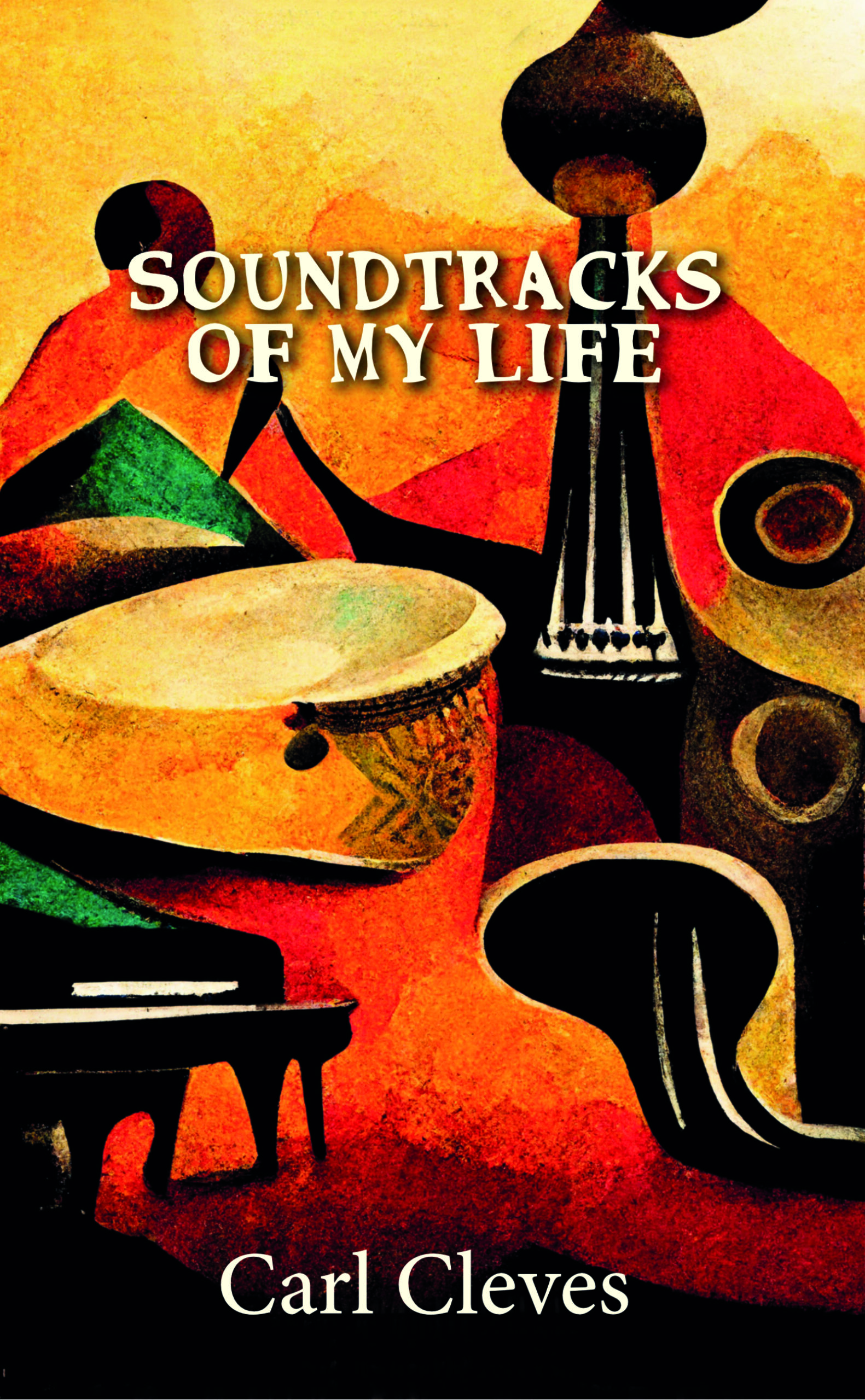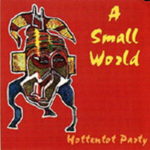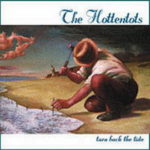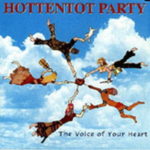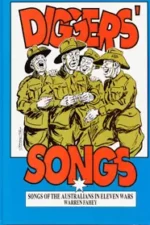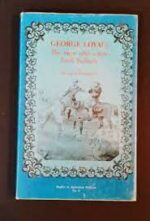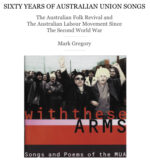Description
Huayno – The music of Peru and Bolivia – Not available from Trad&Now
Excerpt from ‘Soundtracks of my Life’
by Carl Cleves
I have always loved folk music.
It is essential music and deals with deep rooted human emotions and needs.
Love, marriage, betrayal, survival, murder, harvest, morality, disaster, celebration, hardship and dance.
It speaks the truth in many languages.
There are no contractual clauses.
It just exists.
Even though it is recorded, it remains an oral tradition.
Fragments of ancient poetry reappear, past verses keep popping up, melodies are recycled.
The Huayno music of the Andes is a fine example.
It is the hillbilly music of the Andes.
With the advent of the phonograph recordings from the late 1920s on, the audience of Jimmy Rodgers and the Carter family exploded throughout rural USA.
Likewise, with the onset of recording in Lima in the late 1940s, the songs of the Huayno stars swept across Bolivia and Peru, birthing countless regional varieties.
But all of them are instantly recognisable from that handclapped rhythm, a stressed first beat followed by two short ones, and the continual shifts from major to minor harmonies, from joy to sorrow.
The rhythm soon gets under your skin.
The shrill passion of the female singer, wrapped in a pleated skirt of many metres, the pollera, that bulges outward beneath embroidered underskirts, boots and bowler hat, her hand gripping the one microphone, her voice shooting arrows at your heart.
The band huddled around her, a guitar, a mandolin or charango, an accordion, violin, harp or a trumpet.
‘The music that makes my daddy cry’, my son Tashi called it.
Huayno was all around us, when Tashi, then four years old, and I spent several months in the Altiplano of Bolivia and Peru.
We heard it in the village square and city arena, celebrations and festivals, blasting from market stalls selling copied cassette tapes to the campesinos (rural people, peasants).
It cracked my heart open, it moved my pulse and made my eyes weep for all its sad wistfulness, its resilience, the hope and the tragedy.
For a while, Huayno was the soundtrack of our life and the pathway of my soul.
I identified with what it expressed.
It gave me solace in a dark time.
The year was 1981 and the jackboots of military dictatorships trampled all over South America.
Pinochet had murdered Victor Jara, the nation’s most revered song writer.
A soldier cut off his hands, then machine-gunned him.
The Brazilian military had jailed and forced its own bards, Caetano Veloso, Gilberto Gil and Chico Buarque into exile.
In Argentina, the generals had ordered opponents to be thrown from airplanes.
In Bolivia, every city was under constant curfew.
From 9pm till 6am.
No nightlife, everyone rushing home, pedestrians bumping into each other, cars hooting, bus drivers screaming, arguments and accidents.
Out after dark meant arrest and, at the very least, to be held captive on the sports ground ‘till dawn under the freezing Altiplano stars, guarded by soldiers.
This is what happened to a guileless Japanese friend with no knowledge of Spanish.
The atmosphere was oppressive.
General Luis Garcia Meza had grabbed power in a violent coup.
In a Time magazine in a Santiago hotel, I had read about him being financed by the cocaine trade, and a man named Klaus Barbie, a former Gestapo chief, was in the news for recruiting European mercenaries.
Meza’s opponents were brutally tortured and disappeared by paramilitary gangs.
There was a sense of dread in the cities.
I was a single dad, musician and traveller, living in cheap hotels and villages.
We were keeping our heads down, but the curfews were stifling.
While we lived in Cochabamba there was a coup attempt, the second one since we had arrived in Bolivia, and the curfew was lengthened to from 6pm ‘till 6am.
There were tanks in the streets.
No one fired, but we could not wait around and left the city swapping the soldiers for villagers in the Yunga mountains, farmers and fishermen on Lake Titicaca, the backbone of the long suffering people of the Altiplano and the coastal valleys, the Quechua and Aymara speakers.
They too stuck to themselves and kept their heads down, as they had been doing for centuries, finding release in song and dance, in pisco or chicha.
I scouted the markets for the stalls that had taped copies of old discs, no longer available but still popular.
When we left South America, eight years later, with my guitar and the skin of my teeth, four cassette tapes came with me.
Another four had been stolen from my backpack by Bolivian border guards who ordered me inside their office to have my passport stamped while their accomplices robbed our luggage outside.
These four tapes, since transferred to CD, shall be smuggled onto my desert island raft.
Paperback 256pp Pics Illus
